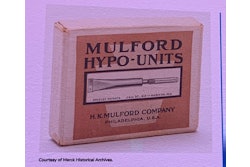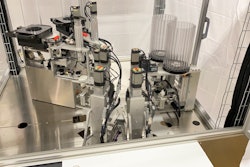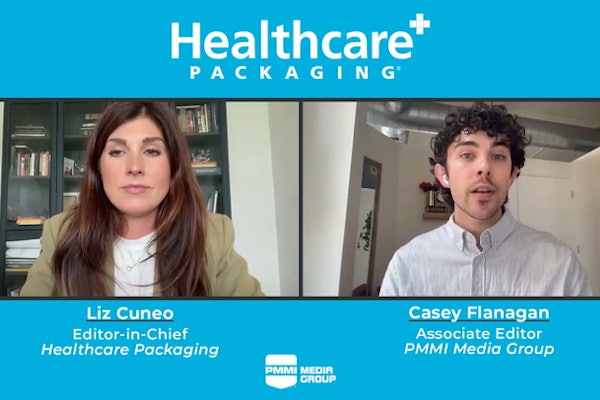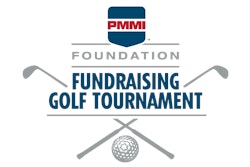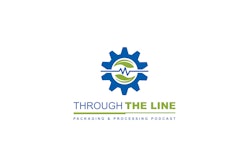
Let’s dive deeply into the recent decision in Mazella v. The Coca-Cola Company, in which consumers in New York State sued Coke claiming its bottled Gold Peak iced tea was misleadingly labeled as being “slightly sweet.” Spoiler alert: The case was dismissed—that is, thrown out—by the judge. I’ll discuss the judge’s lengthy Opinion and Order from July 21. (I can send you a copy if you ask for it at my email address below.)
These cases commonly involve individual consumers accusing companies of saying things on their labels that are false or misleading, such as that the product is “all natural,” or that it contains no genetically modified organisms. Often the cases are brought on behalf of all affected consumers, in what are called “class actions.” These lawsuits are not based on accusations that the company violated FDA’s requirements or other federal law, but that they violated a state’s prohibition on marketing products to consumers in a false or misleading way. The cases seek money damages and, if the state’s law allows it, even the plaintiff’s attorney’s fees.
The plaintiffs’ complaint asserted several separate claims, but the central one was the alleged violation of a New York State law called the General Business Law that prohibits deceptive business practices and false advertising. The court listed the “elements” of claims under that law, and evaluated them one by one. After all, legal claims are just a collection of elements, a checklist of puzzle pieces, and the judge or jury has to ask themselves if they all are present. If they are, the plaintiff wins. For purposes of a motion like this, the judge was deciding if the plaintiff had at least a reasonable shot at proving every element of the claim.
To make out a claim that a defendant violated the New York General Business Law, the plaintiff “must allege that a defendant has engaged in (1) consumer-oriented conduct that is (2) materially (meaning significantly) misleading and that (3) plaintiff suffered injury as a result of the allegedly deceptive act or practice,” said the court.
The “materially misleading” element was trouble for the plaintiff here. New York courts define “misleading” as “likely to mislead a reasonable consumer acting reasonably under the circumstances.” In other words, the company won’t be responsible for every kooky interpretation by every kooky consumer.
The court said, sorry, but the assertions that the iced tea was “slightly sweet”, and that that was misleading because the tea does contain some sugar, do not “plausibly” allege that a reasonable consumer would assume that the tea is low in sugar and therefore is also low in calories. The court said consumers are likely to think “slightly sweet” is a description of the tea’s taste instead of an assertion about its calorie or sugar content. This court believed “slightly sweet” was just about the same as a claim that a beverage is “Just a Tad Sweet,” a phrase that had been found by another court to be merely “puffery,” that is, not an assertion of a fact but instead a promotional phrase.



